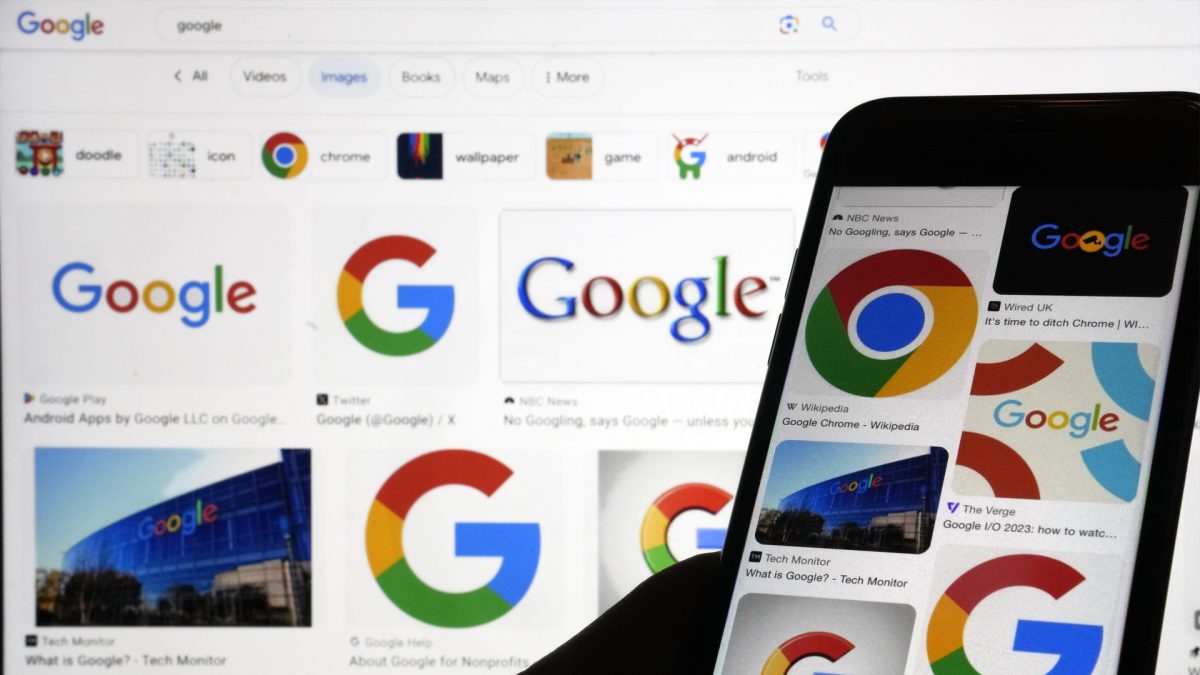Google’s lawsuit, which has been put on hold since 2020, got a new lease on life after a federal appeals court decided to overturn a previous ruling that had dismissed the case read more
)
Google has always maintained all along that users agreed to this data collection when they accepted the company’s privacy policy. Image Credit: AP
Google is once again in hot water over its data collection practices. This time, the company is facing a revived class action lawsuit that claims it’s been gathering user data through its Chrome browser without getting proper consent. The lawsuit, which has been put on hold since 2020, got a new lease on life after a federal appeals court decided to overturn a previous ruling that had dismissed the case.
Here’s what’s going on: The lawsuit argues that Google has been collecting data from Chrome users, even when they didn’t turn on the Chrome sync feature. Now, for those who don’t know, Chrome sync is supposed to make your life easier by saving things like bookmarks, passwords, and open tabs to your Google account. This way, you can access them on any device where you’re signed into Chrome. But the plaintiffs claim that even if you didn’t opt into this feature, Google was still quietly collecting information like your browsing history, IP addresses, and unique browser identifiers—without asking for your clear permission.
Google’s defence? They’ve said all along that users agreed to this data collection when they accepted the company’s privacy policy. Initially, a judge agreed with them, dismissing the case last December and saying that Google had been transparent enough about its practices. But the appeals court had a different take. They pointed out that the original judge didn’t really consider whether users truly understood what they were agreeing to when they signed off on that privacy policy. After all, Google had marketed Chrome in a way that suggested your data wouldn’t be sent to Google unless you specifically enabled sync.
With this new ruling, the case is heading back to the lower courts for another look. So, Google’s not off the hook just yet.
Responding to the decision, Google spokesperson José Castañeda voiced the company’s disagreement with the court’s ruling. He expressed confidence that the facts would ultimately prove Google’s side of the story. Castañeda also emphasized that Chrome Sync is designed to make it easier for people to use Chrome across different devices and that the feature comes with clear privacy controls. He made it clear that Google’s recent move to stop requiring Chrome Sync to access saved information wasn’t related to this lawsuit.
This situation highlights the ongoing tension between tech companies and the public over data privacy. People are becoming more aware and concerned about what happens to their data, and how much control they really have over it. As this case progresses, it might push companies like Google to be even more upfront and clear about how they handle user data, and what users are actually agreeing to when they click “accept.”

 4 weeks ago
4
4 weeks ago
4
)
)
)
)
)
)
)
)
)
)
)
)
)
)
)
)
)
)
)
)
)
)
)
)
 English (US) ·
English (US) ·